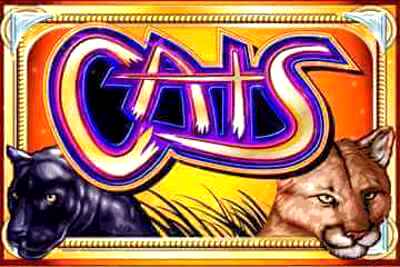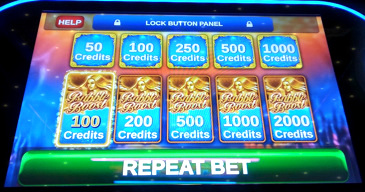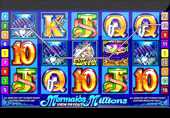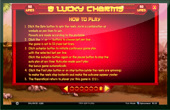Understanding the Mathematics Behind Casino Games
Have you ever wondered why some people seem to have all the luck at the casino while others walk away empty-handed? The answer lies in the intricate mathematics governing the casino gaming world.
The odds of victory may be significantly improved by familiarizing oneself with the mathematics behind such games.
This article will explain the basics of odds, return to player (RTP), and house advantage, whether you're a seasoned gambler or simply interested in the inner workings of these games.
Return to player (RTP)
The Return to Player (RTP) is used in the casino gaming industry to describe a game's expected long-term payout percentage. It's crucial when calculating your chances of success in any game.
When you check out some of the best payout online casinos, you notice that games with a higher Return to Player percentage are preferable since they give players a greater chance of success.
Slot machines, for instance, often have an RTP of approximately 95%, which means that, on average, players can expect to get $95 back for every $100 they gamble.
However, games like blackjack and video poker often have lower RTPs because of the increased house margin.
The basics of odds
0dds are a way of expressing the likelihood of an event occurring in a game. There is a vast range of odds presentation choices available at online casinos. The most frequent instances are as follows:
Decimals odds: If the odds are 1.30, for example, the highest possible return (including the original wager) would be 1.30 times the bet amount.
Fractional odds: If the odds are 1/5, then the most you can win for every $5 you wager is $1 (plus your original stake).
Moneyline odds are either positive (profit potential for a $100 gamble) or negative (wager required to earn $100).
House advantage/edge
The "house edge" represents the casino's advantage over players in poker and other casino games. It's the percentage of the total bet that the casino expects to earn.
For instance, a game with a 5% house edge means the casino may make an average profit of $5 for every $100 bet. Games with higher house edges result in more significant player losses over time.
To improve your gambling experience and make better choices, it's helpful to understand the math behind games like poker. Although luck plays a role in the short term, the casino maintains a mathematical advantage in the long run. Choose games with higher RTP percentages and better odds to increase your chances of winning.
Top Slot Game of the Month
 Sign Up to Play
Fast, Secure Payouts and Generous Bonuses!
Sign Up to Play
Fast, Secure Payouts and Generous Bonuses!
Best 5 Slot Games
-
 1
Register to Play
1
Register to Play
-
 2
Register to Play
2
Register to Play
-
 3
Register to Play
3
Register to Play
-
 4
Register to Play
4
Register to Play
-
 5
Register to Play
5
Register to Play









